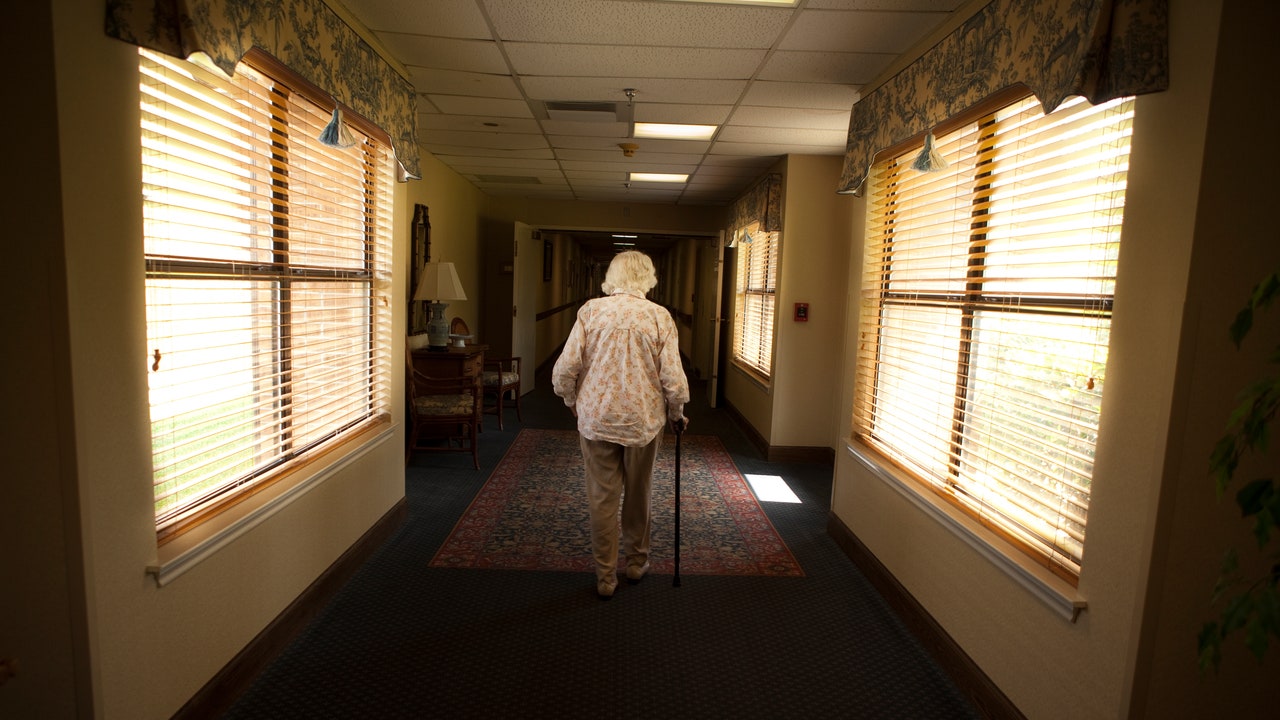As Coronavirus Rages On, How to (Safely) Help Elderly People

At Meals on Wheels America, the nationwide service that delivers food to home-bound people, pressure has increased as more and more seniors are confined to their homes, says Jenny Young, the group’s vice president of communications. On top of the normal clientele, “A lot of able-bodied seniors who are usually able to get out and make their own meals are now being asked to stay home so we do expect to see more people reaching out looking for that service,” she says.
Young, healthy people are the safest to volunteer
Here’s the painfully ironic thing—it’s not just that response to the pandemic calls for volunteers. It’s that the majority of people who normally volunteer are, themselves, especially susceptible. Because food delivery and volunteer driving usually take place during business hours, Amy Gotwals, director of public policy and legislative affairs at N4A explains, “the volunteer population for this program is heavily made up of older adults themselves who may need for their own safety to socially isolate.” Because of this, she says, “younger people could be a critical lifesaver here as older trained people need to pull back.”
“Two-thirds of our volunteer base is 55+, and we want to be protecting everyone,” says Young. That’s why young, healthy volunteers are needed. “What’s best is to reach out to your local Meals On Wheels program and see what they need now.” All of the groups who spoke to Glamour say they are following CDC instructions to create the safest possible circumstances for volunteers and clients. “People are shifting their traditional model,” says Young, of the 5,000 community Meals On Wheels chapters. “They might not need volunteers every day to drop off meals, they might be shifting to once a week, dropping off frozen or shelf-stable meals.”
Markwood and Gotwals at N4A say that even if you don’t get involved with a specific organization, knocking on your elderly neighbors’ doors and offering to pick up groceries or medication is a great idea. Just leave whatever you bring them on the porch or in front of their door, they advised. If you see an elderly person in need, even if you aren’t able to help them yourself, you can also use the Eldercare Locator to report that they are in need, and help will come, Markwood says. “Just overall I would just encourage young people to reach out to older adults in their community—there is so much richness to be gained on either side of this equation.”
Loneliness is a health problem, too, and you can help
“Almost 30% of older adults live alone, so when they’re socially distancing themselves they are, in fact, socially isolating,” Markwood says. For older people, many of whom are putting themselves in quarantine to avoid the virus, isolation presents its own danger. “We know the effects of social isolation and loneliness are very serious for health,” says Young, who notes that seniors who use Meals on Wheels are often already homebound, but now with the extra layer of not being able to receive visitors.
Many Meals On Wheels chapters have phone reassurance services, which allow volunteers to call homebound or quarantined seniors for check ins and greetings. “Telephone reassurance programs create a lot of peace of mind, keep them reassured, and keep them connected to the community,” she says. If you have kids, decorating cards or writing letters that Meals on Wheels volunteers can take to seniors can also help.
“Social contact is incredibly important for the elderly and for any person that lives alone really,” says Cannuscio, who recommends limiting check in to phone calls and FaceTime. Her own mother is in isolation, right now. “Every night my eight-year-old and I FaceTime with her and either play a game, and my daughter will read a story to my mother. or my mother will read a story to my daughter,” she says.
Showing people in isolation that they are not alone is a public safety measure, she says. Sharing together over FaceTime or the phone can help.
“Read poetry. Read a story,” she advises. “Don’t read the news.”
Jenny Singer is a staff writer for Glamour. You can follow her on Twitter.
